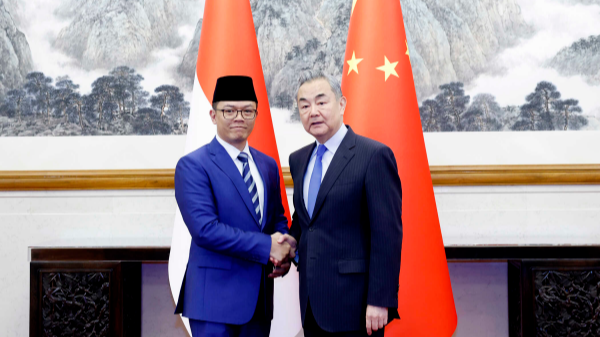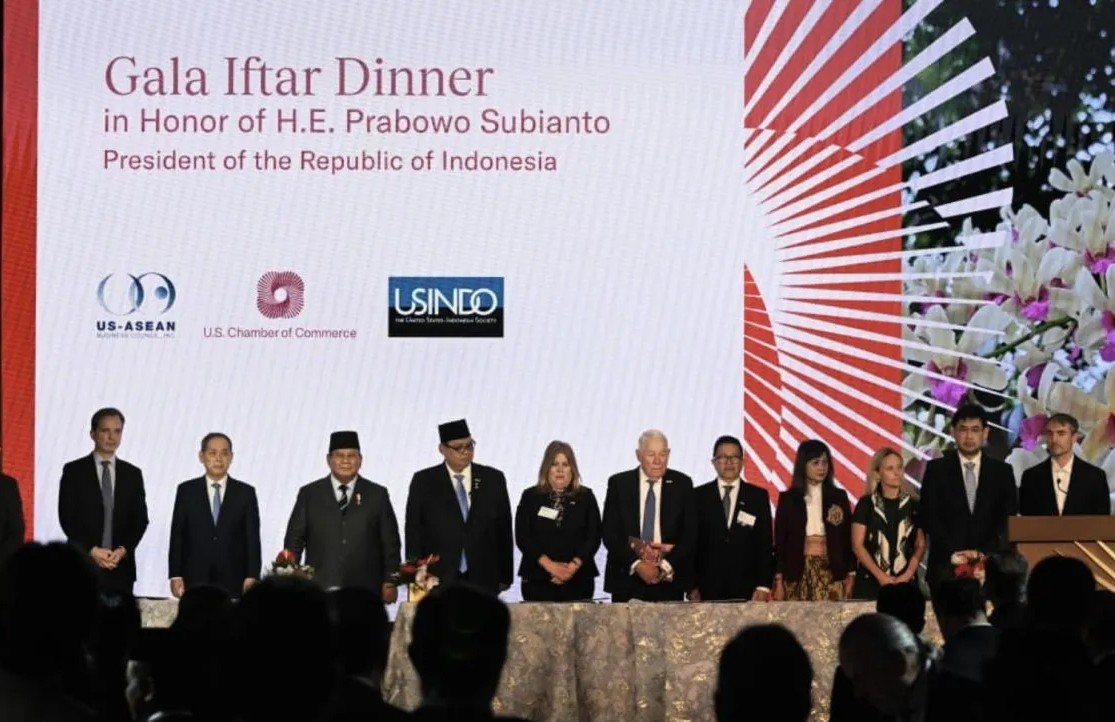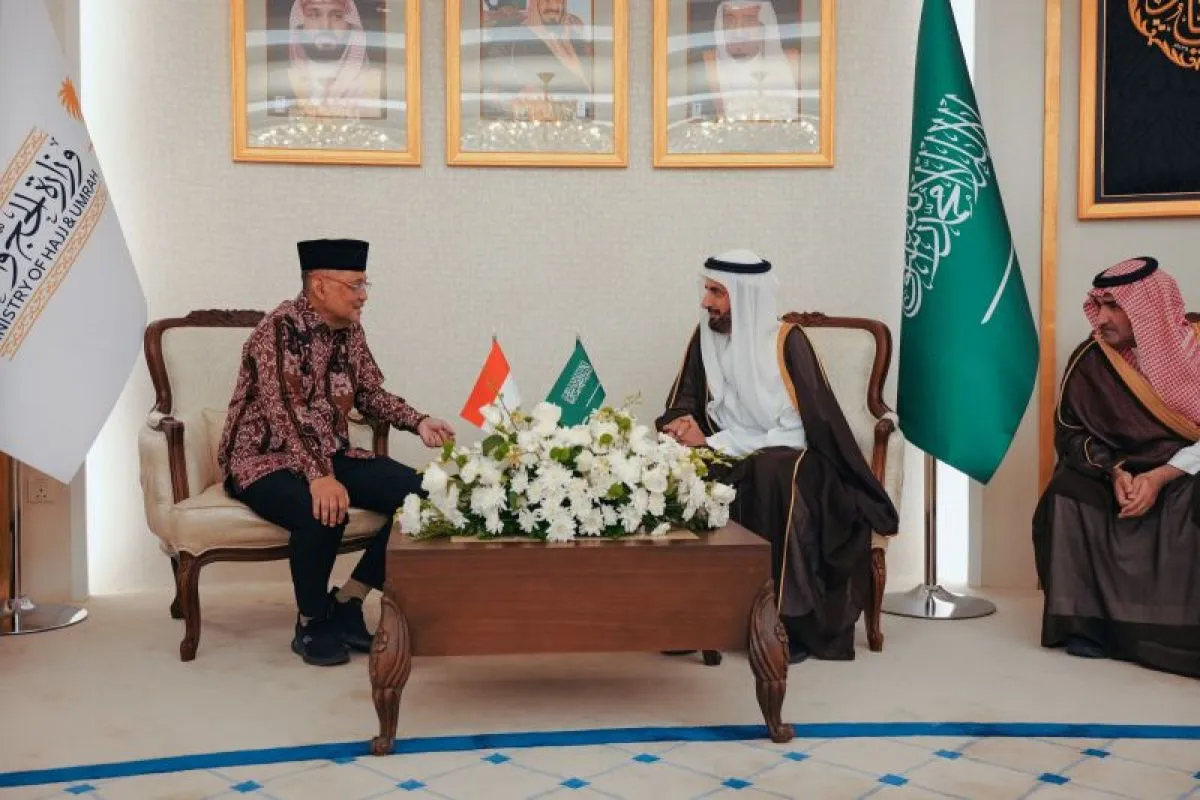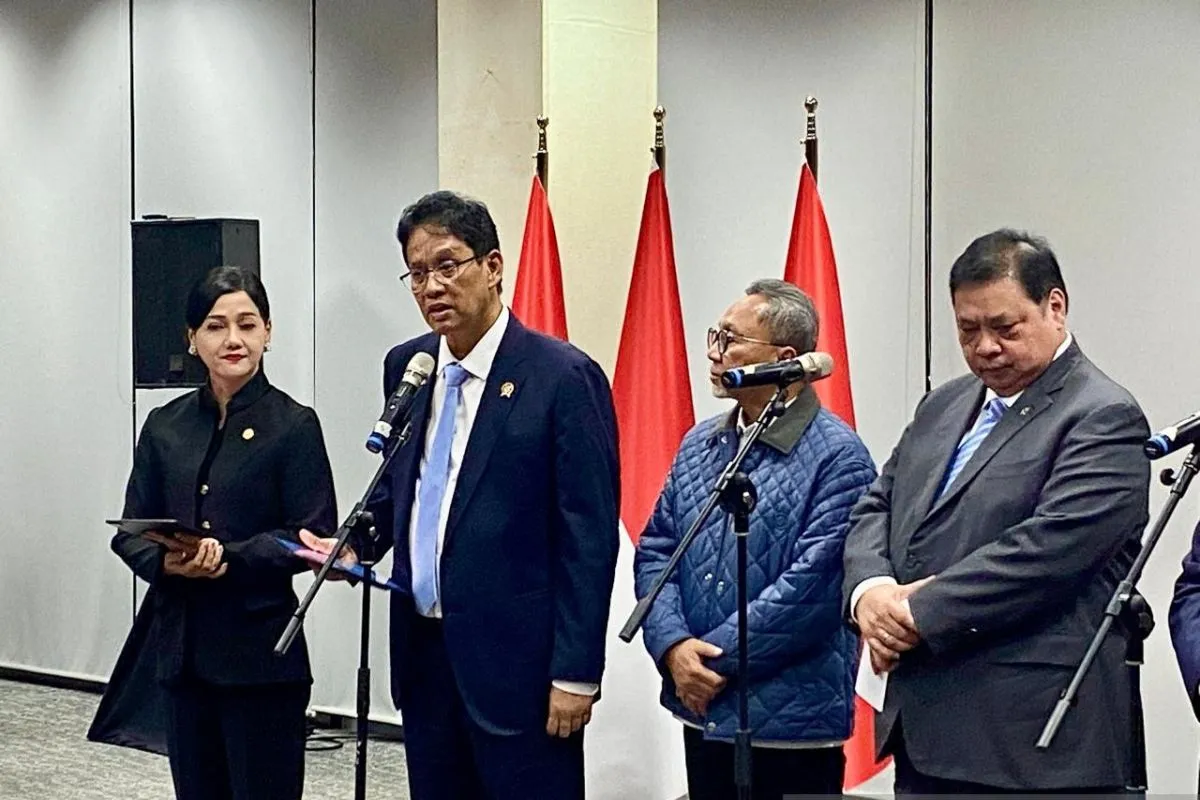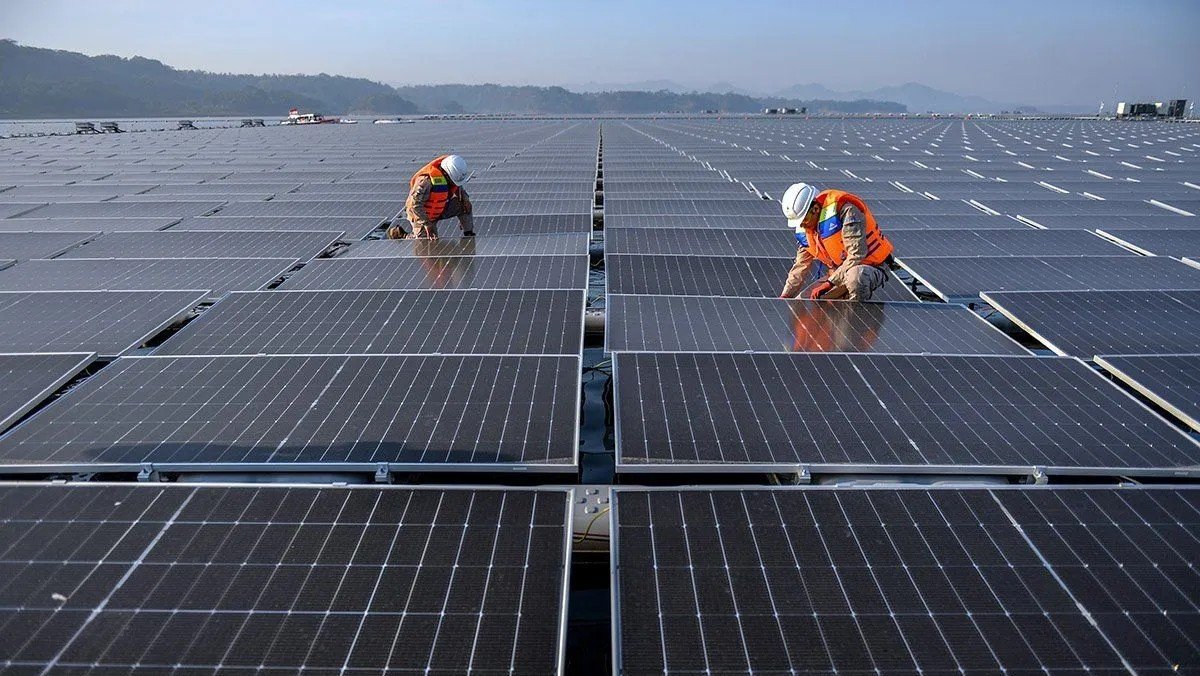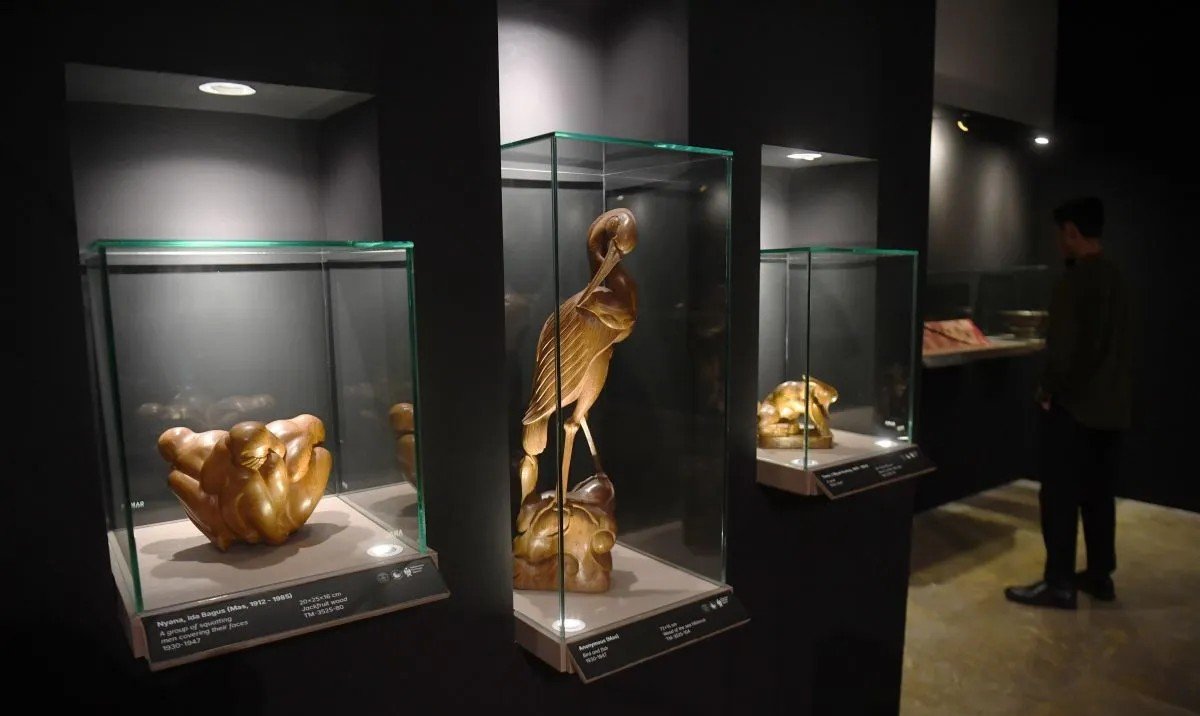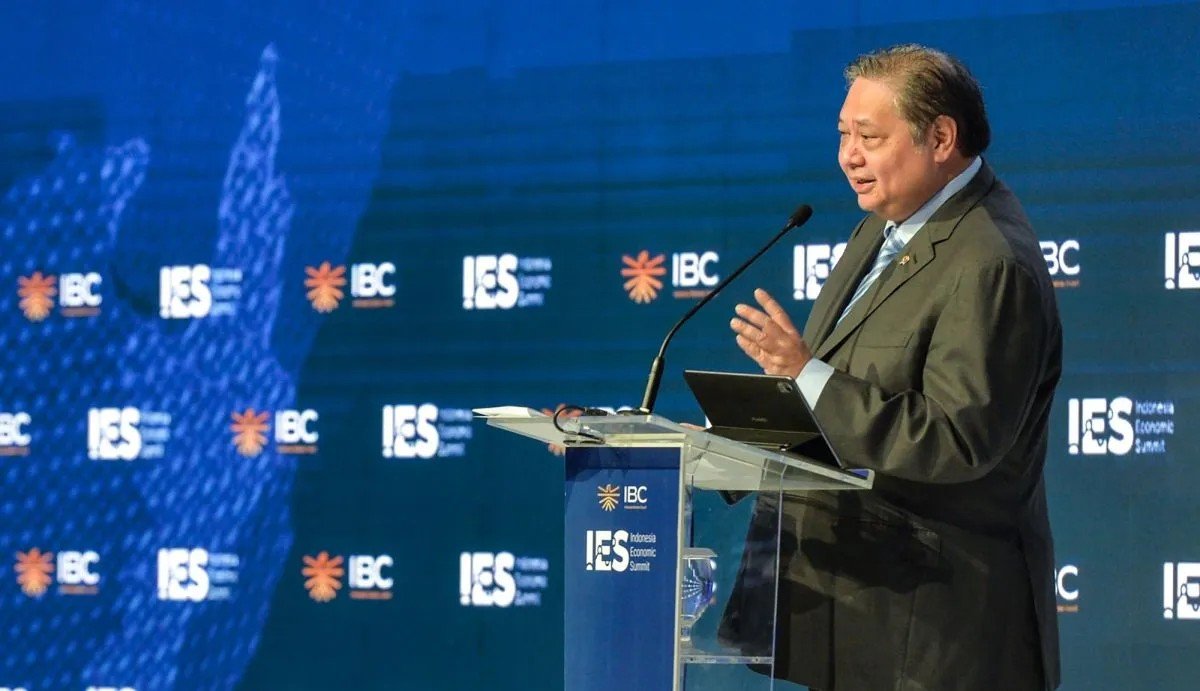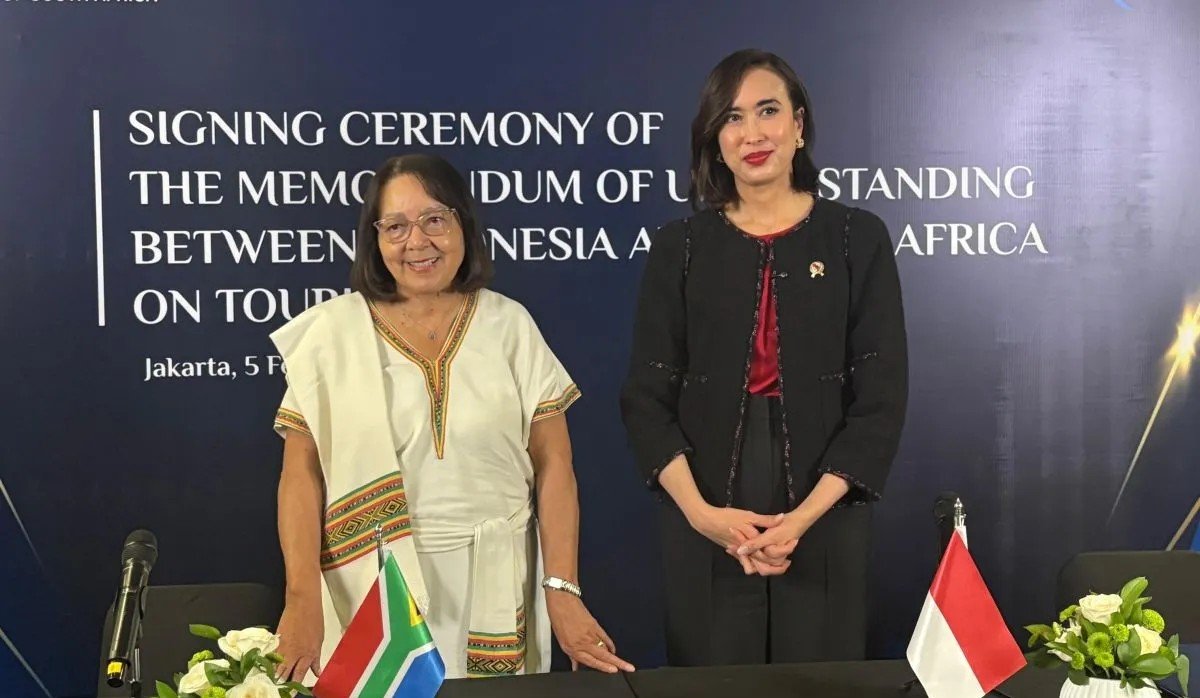Beijing, April 22, 2025 – The Europe Today: China and Indonesia have reaffirmed their commitment to expanding comprehensive strategic cooperation and jointly accelerating the modernization of both nations, following the First Ministerial Meeting of the China-Indonesia Joint Foreign and Defense Ministerial Dialogue held in Beijing on Monday.
Chinese Foreign Minister Wang Yi, also a member of the Political Bureau of the Communist Party of China Central Committee, held talks with Indonesian Foreign Minister Retno Marsudi’s successor, Foreign Minister Sugiono, during the landmark meeting. The dialogue marked a significant milestone in bilateral ties, achieving what both sides described as “fruitful results” in elevating political, security, and defense cooperation to a new level.
Wang underscored the importance of deepening China-Indonesia relations in the context of global geopolitical shifts and ongoing regional development. “China and Indonesia will enhance cooperation to create new flagships for connectivity and join hands to accelerate the modernization process of the two countries,” he said.
Highlighting the 75th anniversary of the establishment of diplomatic relations between the two nations, Wang called for aligning China’s modernization goals with Indonesia’s “Golden Indonesia 2045” vision. He stressed the importance of leveraging initiatives such as the Belt and Road Initiative (BRI), the “Two Countries, Two Parks” framework, and the Regional Comprehensive Economic Corridor to foster high-quality, sustainable development.
The Chinese Foreign Minister also emphasized enhancing trade facilitation, safeguarding the rights of Chinese enterprises operating in Indonesia, and expanding two-way investment. He noted China’s willingness to import more Indonesian products while encouraging cooperation in emerging sectors such as digital economy, green development, low-altitude economy, and marine industries.
Wang also proposed intensified collaboration in agriculture, public health, rural revitalization, disaster response, and poverty alleviation to deliver tangible benefits to both peoples. In addition, he called for strengthened cultural, educational, and youth exchanges to bolster people-to-people ties and ensure intergenerational friendship.
Reflecting on broader global dynamics, Wang pointed to the 80th anniversary of the United Nations and the 70th anniversary of the Bandung Conference. He emphasized the shared responsibility of China and Indonesia—as leading voices of the Global South—to uphold multilateralism, economic globalization, and the Bandung Spirit, while jointly defending international equity and justice.
Foreign Minister Sugiono welcomed the dialogue and described China as Indonesia’s most important trading partner and a key source of foreign investment. He reaffirmed Indonesia’s dedication to deepening bilateral ties in a wide range of sectors, including agriculture, health, clean energy, and technological innovation.
Sugiono also stressed the importance of increasing people-to-people and cultural exchanges and maintaining the momentum of strong bilateral growth. He expressed optimism about advancing a resilient and prosperous regional development agenda in collaboration with China.
The two countries also agreed to implement the cooperation document on joint maritime development signed between their governments, further solidifying their strategic partnership.
